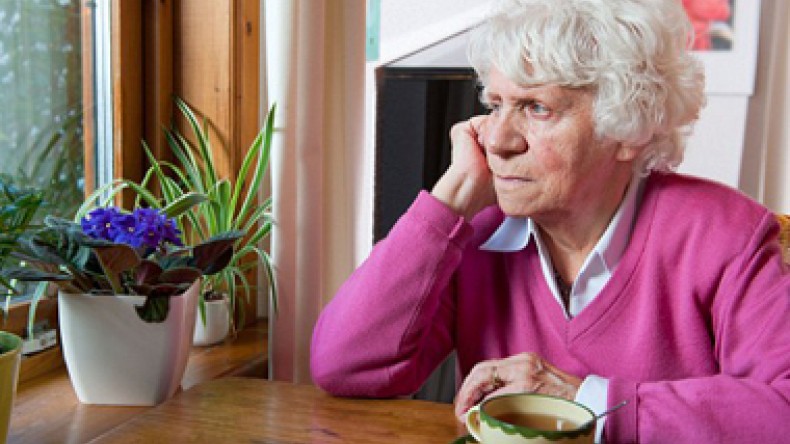
Now MEN, not women, can expect the healthiest lives - but women are still living longer
The length of time that a woman can expect to live in good health is getting shorter, according to an official analysis.
Men are now more likely to live a longer proportion of their lives in good health than women, the Daily Mail reports.
However, women still live longer than men overall – though the gap is closing.
The statistics showed that over the past three years the expectancy of life in good health for a baby girl in England has dropped by nearly four months.
But during the same period, the length of time that newborn baby boys can expect to live in good health has risen slightly.
The latest figures are gathered from the Annual Population Survey run by the Office for National Statistics, which collects data on 320,000 people every year. Health life expectancy is calculated from the number of people who say they are in good or in very good health.
Experts say these changes are as partially as a result of the major economic, industrial and family upheavals of the past 50 years. Men are likely to live longer now because few work in dangerous industrial jobs like coal mining, and fewer drink heavily or smoke.
Women, however, are increasingly likely to spend much of their lives in demanding jobs, as well as bringing up children. According to the ONS, in the three years between 2011 and 2013, a baby girl born in England could on average expect to live in good health for 63.9 years. This compares with 64.2 years between 2009 and 2011.
In contrast, a boy could expect good health for 63.3 years if born between 2011 and 2013, compared with 63.2 years from 2009 to 2011.
This means that men now spend 80 per cent of their lives in good health, compared to 77 per cent for women. Overall life expectancy for women is 83.1 years, and men 79.4.
However, the figures also show a major divide between north and south.
Newborn boys in the South East are likely to get 6.3 years longer in good health than those in the North East, and girls in the South East an extra 6.6 years.
But women in the south are losing ground in terms of health expectancy much faster than those in the north, as health improves in the area.
Commenting on the results, the ONS said: ‘The health status and mortality rates of a population change year on year due to exposure to different risks and treatments affecting health, and also through inward and outward migration.’
Newsfeed
Videos






























